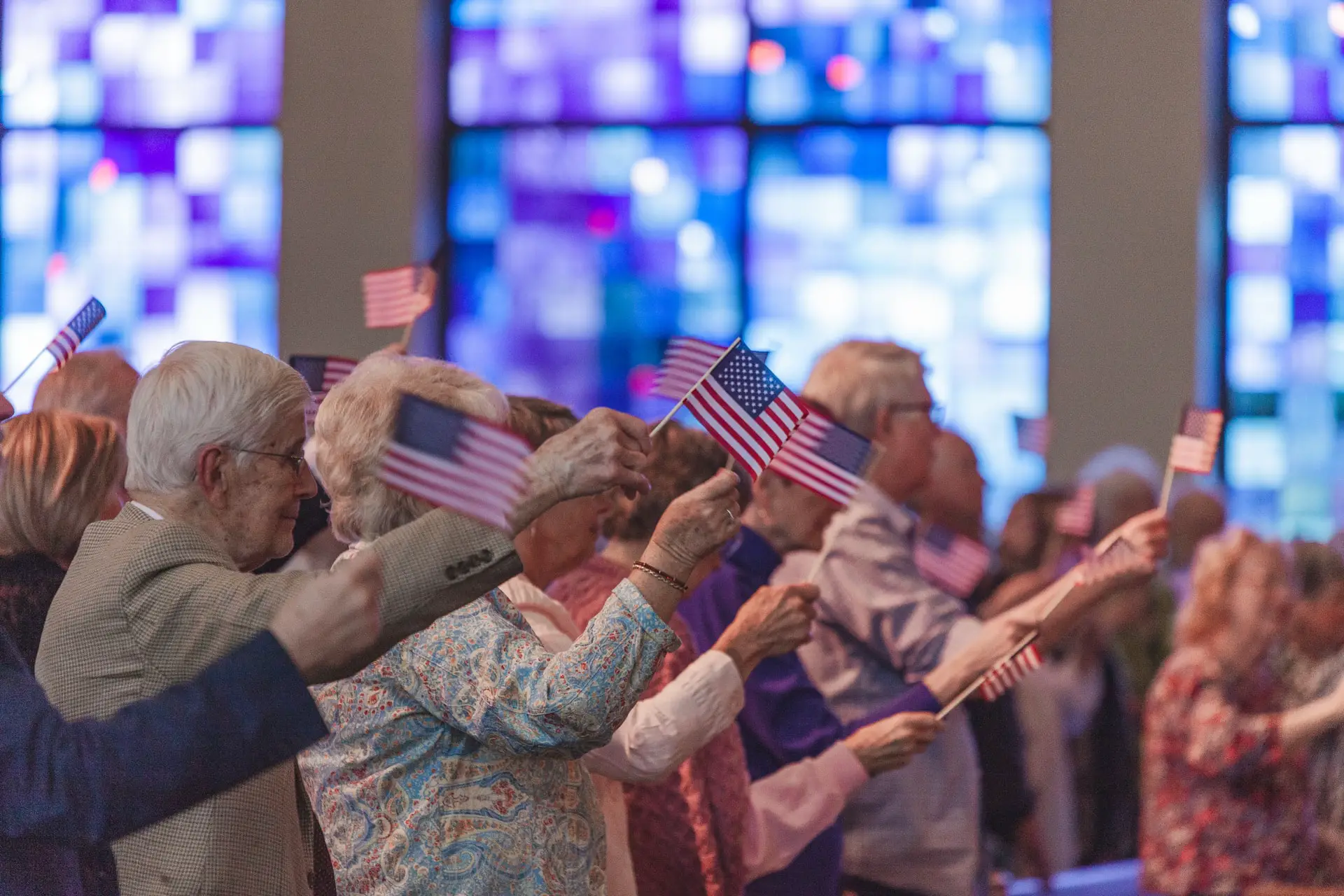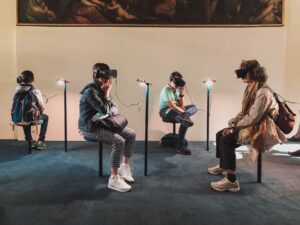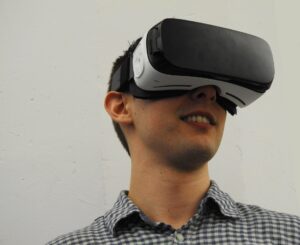To become the country’s latest Department of Veterans Affairs facility to provide the remarkable virtual reality system called BraveMind to veterans, the Bozeman VA Clinic has partnered with the national nonprofit SoldierStrong.
SoldierStrong, a Stamford, Conn. organization, aims to assist veterans to take a step forward by donating their revolutionary medical technologies to VA medical centers and other facilities. In one such initiative, the organization has donated the BraveMind system to the Bozeman VA Clinic.
Chris Meek, the Co-founder and Chairman of SoldierStrong, said the organization’s mission is to make medical devices, including the BraveMind system, available in as many states as possible through more significant donations. With the new clinic being onboarded, it’s their first virtual reality system to be set up in the state, facilitating the treatment for Montana’s veterans.
“We know that veterans experiencing PTS often find it both difficult and especially painful to summon specific memories from their time in service. BraveMind is designed to make the process of recalling those memories significantly easier for them,” Meek said. “The BraveMind system delivers prolonged exposure therapy, which is the practice of recalling a traumatic memory while working through that memory with a trained clinician. It’s a clinically effective, evidence-based method for treating PTS.”
“With virtual reality’s rising popularity in non-medical settings, such as video games, entertainment and even the workplace, there’s convincing evidence that younger veterans will seek PTS treatment using VR techniques who otherwise may not be inclined to participate in traditional therapy practices,” he added.
The technology behind the platform was developed by Dr. Albert “Skip” Rizzo and his team at the University of Southern California’s Institute for Creative Technologies.
It works by simulating 14 “worlds” of combat scenarios, from a desert roadway to a crowded Iraqi marketplace or a slum in an Afghan city. The therapists place the veterans back within the midst of that memory at a controlled pace based on their traumatic experience and customize that through the virtual reality headset.
“Utilizing the virtual reality technology in BraveMind gets Veterans to talk about things they’ve never talked to anyone about before,” Rizzo stated. “Those memories don’t have the same emotional power that they did before because repeatedly experiencing those troubling memories in a safe environment reduces the brain’s response to them. Patients start to feel empowered, to feel that they got it out and that they can talk about it.”
Follow us on LinkedIn
Read other Articles




